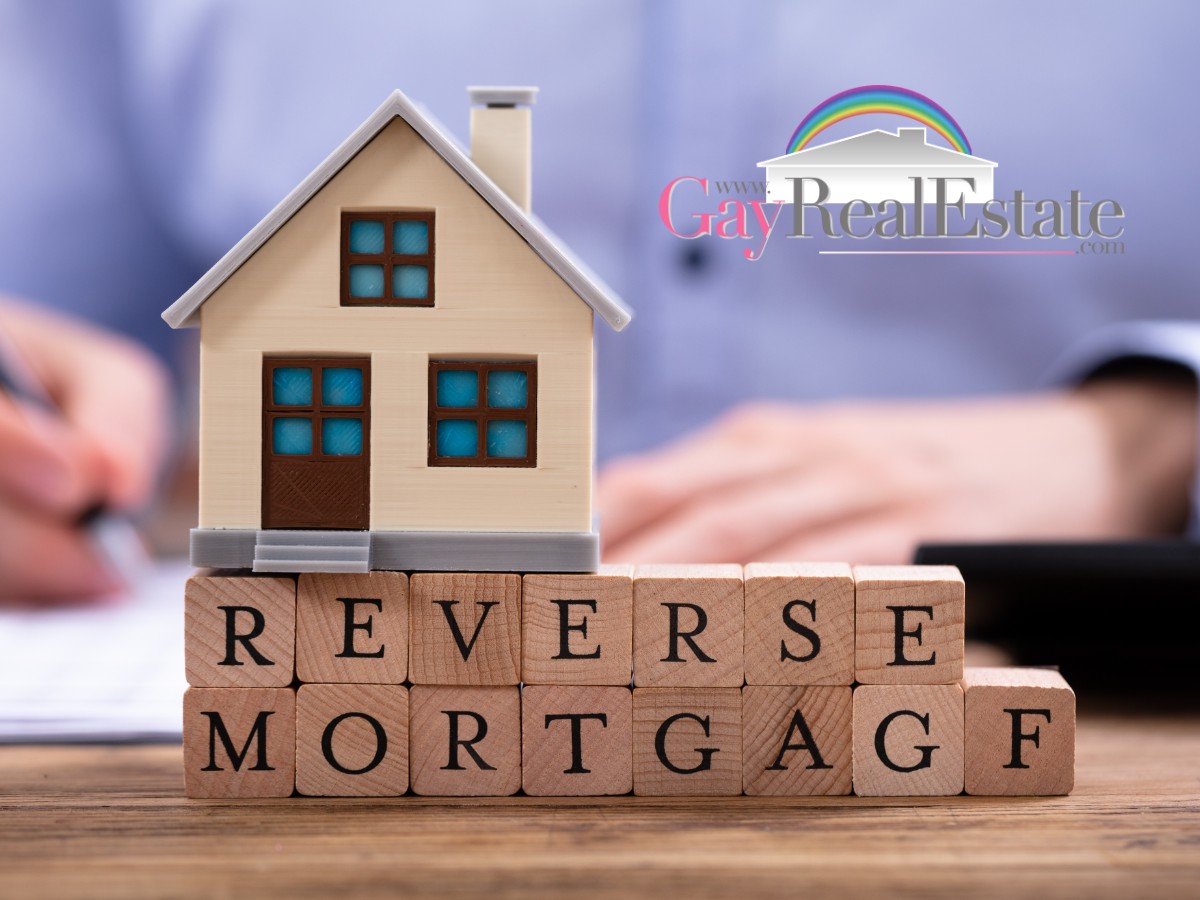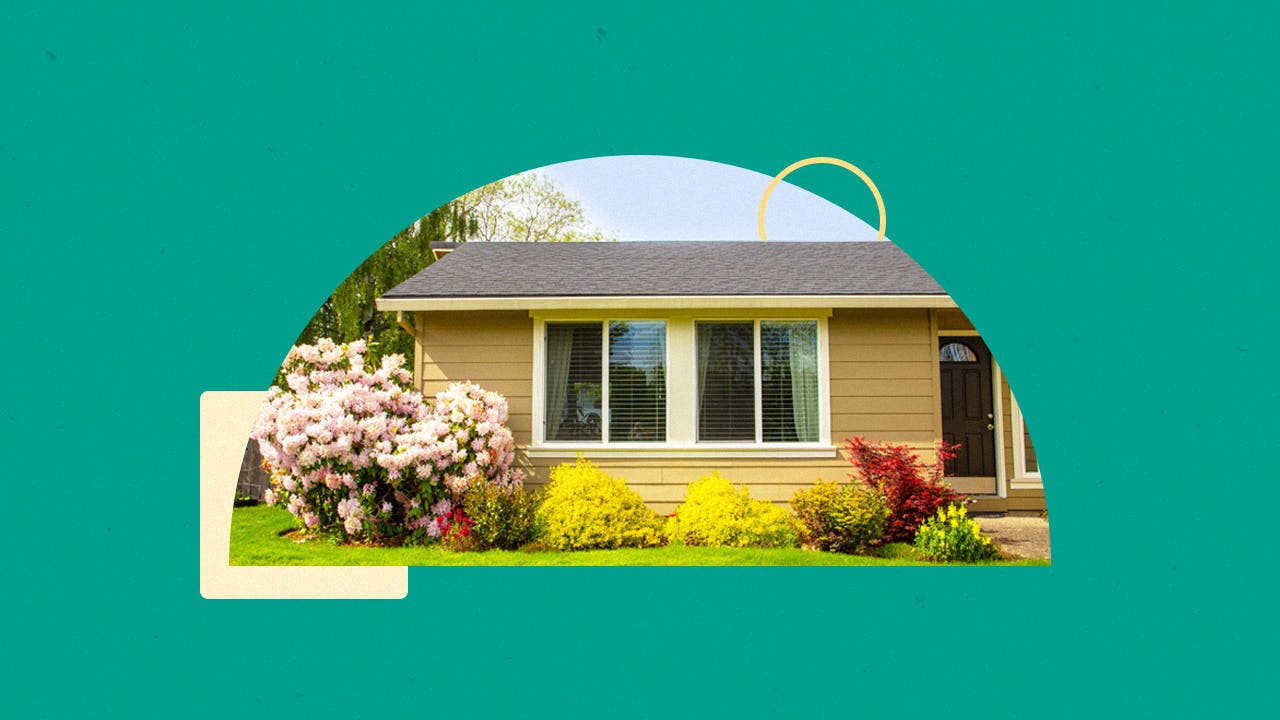What You Need to Know Before You Purchase Reverse Mortgage
What You Need to Know Before You Purchase Reverse Mortgage
Blog Article
Unlock Financial Flexibility: Your Guide to Investing In a Reverse Mortgage
Recognizing the details of reverse home loans is important for homeowners aged 62 and older looking for financial flexibility. This distinct financial instrument enables senior citizens to utilize their home equity, changing it into easily accessible cash for different demands, from healthcare to lifestyle improvements. Browsing the eligibility prices, benefits, and criteria can be complex. As you consider this choice, it is vital to grasp not just how it works however additionally the implications it may carry your financial future. What are the crucial elements you should weigh prior to making such an impactful choice?
What Is a Reverse Mortgage?

The fundamental appeal of a reverse mortgage depends on its possible to improve economic versatility throughout retired life. Property owners can utilize the funds for different purposes, consisting of medical expenses, home enhancements, or daily living expenses, therefore offering a safeguard during a critical point of life.
It is vital to comprehend that while a reverse home mortgage permits for enhanced capital, it additionally lowers the equity in the home over time. As rate of interest accumulates on the impressive funding equilibrium, it is crucial for prospective customers to very carefully consider their long-lasting monetary plans. Consulting with a financial consultant or a reverse mortgage specialist can supply important insights right into whether this option lines up with an individual's financial objectives and conditions.
Eligibility Requirements
Understanding the qualification requirements for a reverse mortgage is important for homeowners considering this economic alternative. To certify, applicants must be at least 62 years of ages, as this age criterion enables senior citizens to access home equity without month-to-month mortgage repayments. In addition, the home owner needs to occupy the residence as their main house, which can consist of single-family homes, certain condominiums, and made homes satisfying details standards.
Equity in the home is another necessary need; homeowners typically need to have a considerable quantity of equity, which can be established with an appraisal. The quantity of equity offered will directly affect the reverse home mortgage amount. In addition, applicants have to show the capacity to preserve the home, consisting of covering real estate tax, homeowners insurance, and maintenance prices, guaranteeing the residential or commercial property continues to be in excellent problem.
Additionally, potential borrowers have to undergo an economic evaluation to review their revenue, credit report, and overall financial circumstance. This assessment helps loan providers identify the applicant's ability to fulfill continuous commitments connected to the building. Meeting these needs is crucial for securing a reverse home mortgage and making certain a smooth economic shift.
Benefits of Reverse Home Loans
Numerous benefits make reverse home mortgages an enticing choice for seniors wanting to boost their economic versatility. purchase reverse mortgage. One of the main advantages is the capacity to convert home equity right into cash without the requirement for click for more month-to-month mortgage payments. This function allows elders to accessibility funds for different demands, such as clinical expenses, home renovations, or daily living prices, thus alleviating financial tension
Additionally, reverse home loans give a safeguard; senior citizens can remain to reside in their homes for as long as they meet the funding demands, promoting security throughout retirement. The profits from a reverse home loan can also be made use of to delay Social Security benefits, possibly leading to greater payments later.
Moreover, reverse home mortgages are non-recourse financings, implying that borrowers will certainly never ever owe more than the home's value at the time of sale, safeguarding them and their successors from financial liability. Last but not least, the funds received from a reverse mortgage are normally tax-free, including one more layer of economic relief. In general, these advantages setting reverse home loans as a practical option for elders looking for to improve their economic scenario while maintaining their treasured home setting.

Costs and Costs Included
When considering a reverse mortgage, it's important to be aware of the numerous costs and charges that can impact the general monetary picture. Recognizing these costs is crucial for making a notified choice about whether this monetary item is best for you.
Among the key costs related to a reverse home loan is the origination charge, which can differ by lender yet normally ranges from 0.5% to 2% of the home's evaluated worth. In addition, homeowners need to prepare for closing expenses, which may include title insurance coverage, appraisal fees, and credit record charges, normally amounting to a number of thousand bucks.
One more substantial cost is home loan insurance policy costs (MIP), which secure the lending institution against losses. This fee is generally 2% of the home's value at closing, with a continuous annual premium of 0.5% of the remaining loan balance.
Last but not least, it is essential to consider continuous expenses, such as real estate tax, house owner's insurance policy, and maintenance, as the customer stays accountable for these expenses. By my explanation carefully assessing these costs and charges, property owners can much better examine the monetary ramifications of seeking a reverse home mortgage.
Steps to Begin
Getting going with a reverse home loan includes numerous key actions that can aid streamline the process and guarantee you make informed decisions. Initially, assess your economic circumstance and identify if a reverse home mortgage straightens with your long-term objectives. This includes examining your home equity, current financial obligations, and the need for added revenue.
Next, study various lenders and their offerings. Search for trusted organizations with favorable testimonials, clear charge frameworks, and competitive view it rates of interest. It's vital to contrast conditions to discover the best fit for your demands.
After picking a lending institution, you'll require to complete a detailed application procedure, which generally needs documentation of earnings, assets, and building details. Participate in a counseling session with a HUD-approved therapist, that will offer understandings right into the effects and obligations of a reverse mortgage.
Final Thought
In verdict, reverse home loans offer a viable option for senior citizens looking for to enhance their economic stability throughout retirement. By transforming home equity right into accessible funds, house owners aged 62 and older can address numerous economic needs without the pressure of regular monthly repayments.
Comprehending the complexities of reverse home mortgages is important for home owners aged 62 and older seeking monetary liberty.A reverse home loan is a financial item developed largely for house owners aged 62 and older, permitting them to convert a part of their home equity right into cash - purchase reverse mortgage. Consulting with a financial expert or a reverse home mortgage specialist can supply important insights into whether this option straightens with a person's monetary goals and scenarios
In addition, reverse home mortgages are non-recourse lendings, implying that debtors will never owe more than the home's value at the time of sale, shielding them and their heirs from economic liability. Overall, these advantages placement reverse mortgages as a practical option for senior citizens looking for to improve their economic scenario while preserving their cherished home environment.
Report this page